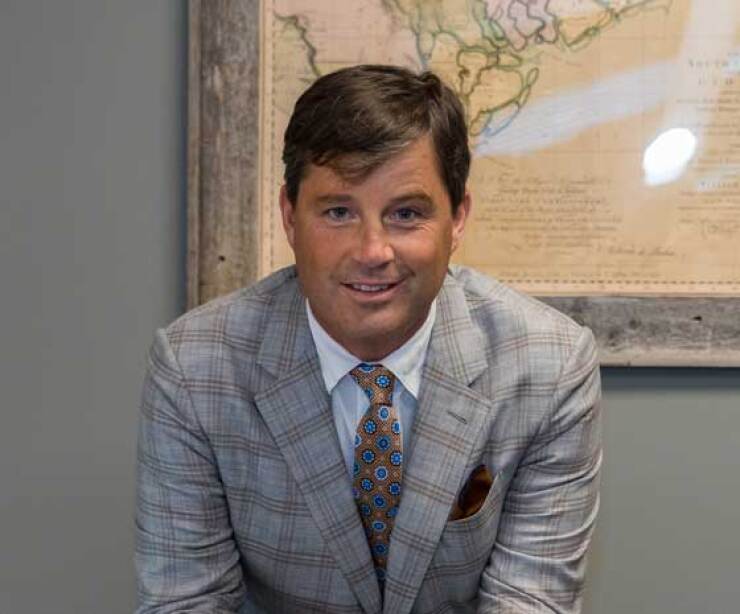For Gary Cooper, striving toward success ran in the family — but it also led him down an unstable and unsustainable path.
Cooper, now an entrepreneur, CEO and author, grew up with a larger-than-life father who ran a successful pharmaceutical company. After graduating college, he followed in his father's footsteps, continuing to expand his family's business. By the age of 25, Cooper's businesses had $25 million in revenue — but that work came at a high cost.
"My dad was a workaholic — he went to work before I woke up, and then came home and woke us up at 11 p.m.. to watch Johnny Carson," Cooper says. "I started working the same hours my dad worked. For 10 years, I worked like a dog — I never had an off switch. I drove 60,000 miles a year, ran 50-60 miles a week. I sold six companies. I had multiple houses and cars. I had four children, and yet I wasn't happy."
Read more:

In 2001, Cooper's father passed away. Cooper says he turned more inward and further committed to work, neglecting family and friends and ostracizing his wife and business partners. Health issues led to multiple hip and back surgeries that left him in physical pain, and Cooper says he
"I was relying on self-sufficiency my whole life, and that sounds like a good thing, but it's ultimately a real weakness," he says. "I had the whole world on my shoulders. For 20 years, I thought I had to fight the world all by myself."
"Someone told me, 'If you want to be heard, you have to shut up,' and at first, I was like, that makes no sense," he says. "But I went into meetings for the company I own and I shut up. We hired a business coach and she helped us work together. I had a lot of cool things to add to the business, and I needed to learn to do that in an appropriate way."
Read more:
For Cooper, that meant learning to
"The old Gary was always in a hurry. My hair was on fire and I was always late, which annoyed everyone at work," he says. "Today, I cut out any kind of hurry in my life. Hurrying just leads to so much anxiety, and it made such a difference for me."
While Cooper has managed to incorporate healthier boundaries between work and life, he still uses his business brain to help support his personal goals. By "treating myself like a business," Cooper says he can stay focused on what he wants to accomplish, without having to work unnecessarily or compare himself to others.
"I treat my life just like a business, and that means I have a mission, a vision and core values for myself," he says. "If something that doesn't fit into that business plan for my life or distract me from what it is that I think my purpose is, I can say, I need to decline. It keeps me focused."






